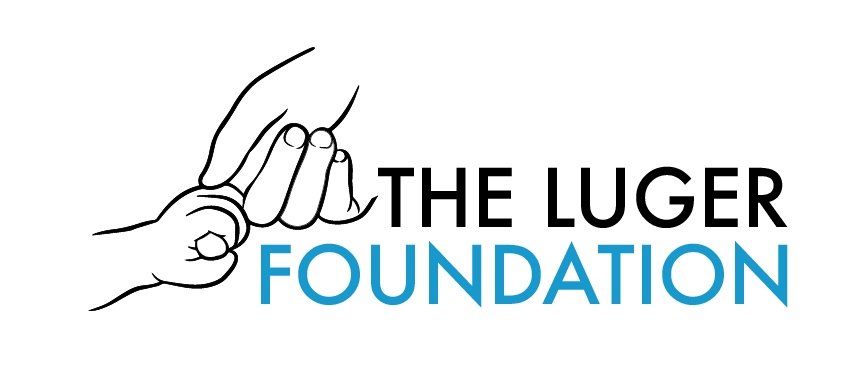The Hidden Risks of Forever Chemical Exposure During Pregnancy
Photo by Karolina Grabowska: Pexels
When it comes to advocating for the health of mothers and babies, premature birth stands as one of the most pressing concerns. Premature birth, defined as delivery before 37 weeks of pregnancy, is a global health challenge associated with long-term complications for children and immense emotional and financial strain for families. New research has unveiled a troubling link between personal care products and the exposure of pregnant women to PFAS (per- and polyfluoroalkyl substances), commonly known as “forever chemicals.” These chemicals are now associated with increased risks of preterm birth, lower birth weight, and other developmental challenges in children.
What Are PFAS and Why Are They Concerning?
PFAS are a group of synthetic chemicals used in various consumer products, including personal care items like makeup, fragrance, hair dye, and nail polish. Known for their resistance to water, stains, and heat, PFAS do not naturally break down, earning them the name "forever chemicals." They accumulate in the environment and the human body, posing risks that extend across generations.
In pregnancy, PFAS exposure is particularly alarming. These chemicals have been linked to critical health issues such as decreased birth weight, preterm delivery, shorter lactation periods, and even neurodevelopmental disorders in children. They also weaken immune responses, diminishing the efficacy of vaccines for growing children.
Connecting PFAS, Personal Care Products, and Pregnancy
A recent study analyzed data from over 2,000 women, revealing a strong connection between the use of personal care products and higher PFAS levels in blood and breast milk. Key findings include:
• Women who wore makeup daily during their first and third trimesters showed 14% and 17% higher PFAS concentrations in their plasma and breast milk, respectively.
• Hair dye usage during pregnancy was linked to PFAS levels 36% higher than those who avoided these products.
• Nail product use postpartum was associated with a 27% increase in certain PFAS compounds.
Alarmingly, PFAS exposure begins even before birth. Traces of these chemicals have been found in umbilical cord blood samples globally, indicating that babies are exposed in utero. This early exposure can significantly impact fetal growth and development.
The Impact of Premature Birth and PFAS Exposure on Families
Premature birth affects more than just a baby’s early development; it also places a significant burden on families. The health risks associated with prematurity often result in prolonged neonatal intensive care unit (NICU) stays, frequent medical interventions, and emotional stress for parents. Adding PFAS exposure to this equation exacerbates the challenges, increasing the likelihood of complications such as low birth weight and neurodevelopmental delays.
For families already grappling with the risk of premature birth, reducing exposure to harmful substances like PFAS is crucial. While the responsibility shouldn't fall solely on expectant mothers, actionable steps can be taken to mitigate these risks.
How Mothers Can Reduce PFAS Exposure
Awareness is the first step toward prevention. Pregnant and nursing women can adopt these practices to limit exposure to PFAS:
1. Minimize Personal Care Product Use: Simplify routines by reducing the use of non-essential cosmetics, fragrances, and hair treatments.
2. Choose PFAS-Free Products: Look for certifications like "EWG Verified" that indicate safer alternatives. However, be cautious, as PFAS are not always clearly listed on product labels.
3. Avoid Frequent Hair Dyeing and Nail Care: Limit treatments that involve high PFAS exposure, especially during pregnancy and breastfeeding.
4. Check Packaging: Avoid products with non-stick or water-resistant packaging, as these may leach PFAS into the contents.
Advocating for Systemic Change
While individual actions matter, systemic change is vital to reducing PFAS exposure on a larger scale. Advocacy efforts are already underway to:
Regulate PFAS in Consumer Products: Several states have introduced bans or restrictions on PFAS in personal care products, which could prompt companies to adopt safer formulations nationwide.
Demand Transparency: Encourage manufacturers to disclose all ingredients, including PFAS, to empower consumers to make informed choices.
Support Further Research: Continued studies are essential to fully understand the effects of PFAS and to develop safer alternatives for consumer products.
Building Awareness for Premature Birth Prevention
Reducing PFAS exposure is just one piece of the puzzle in preventing premature birth. Comprehensive advocacy efforts should also address broader social determinants of health, such as access to prenatal care, stress management, and education about environmental risks.
Organizations like The Luger Foundation play a pivotal role in supporting families affected by premature birth, advocating for prevention, and providing resources to manage its aftermath. By spreading awareness about environmental risks like PFAS, we can better equip families to make informed decisions and protect the health of future generations.
Hope for the Future
Every mother deserves the opportunity to give her child the healthiest start in life, free from the burdens of preventable risks. By addressing the hidden dangers of forever chemicals and emphasizing premature birth prevention, we can create a safer, healthier world for families.
Advocacy for change, combined with individual awareness, can lead to significant progress. Whether it's choosing safer products, supporting policies that regulate harmful chemicals, or donating to organizations dedicated to maternal and infant health, we all have a role to play in ensuring every baby has the best chance to thrive.
Together, we can make a difference. Let’s raise our voices for healthier pregnancies and brighter futures.

